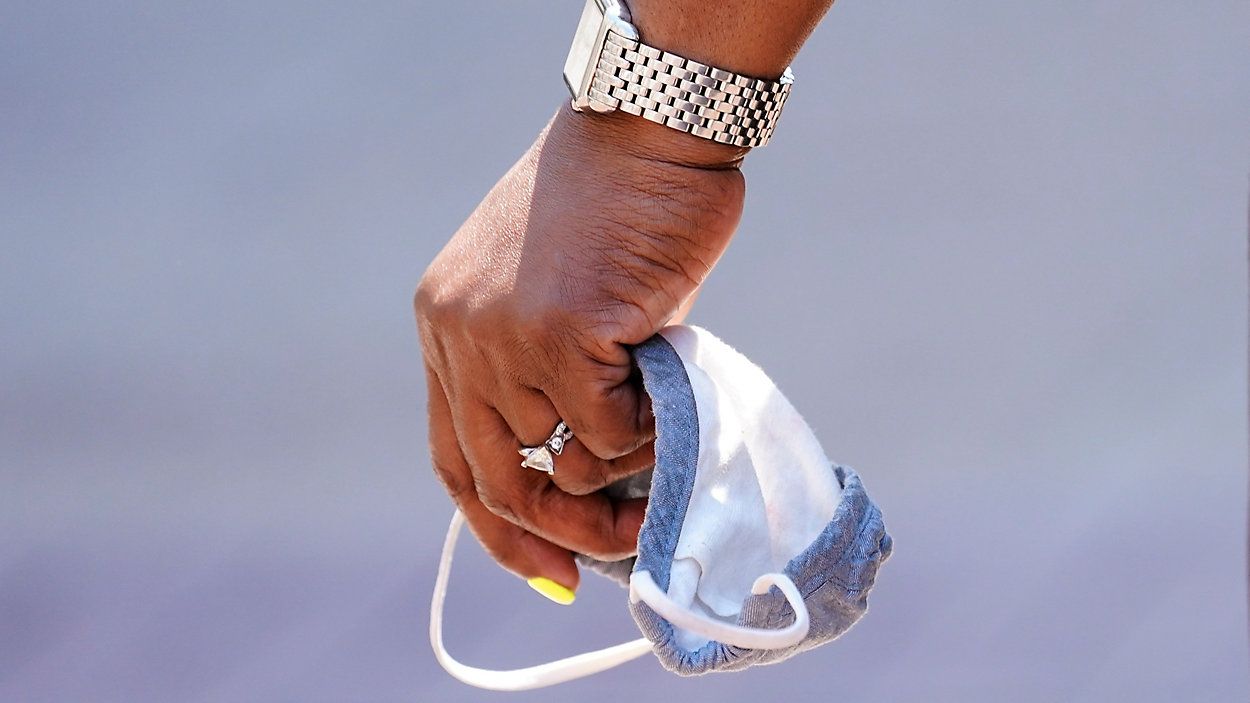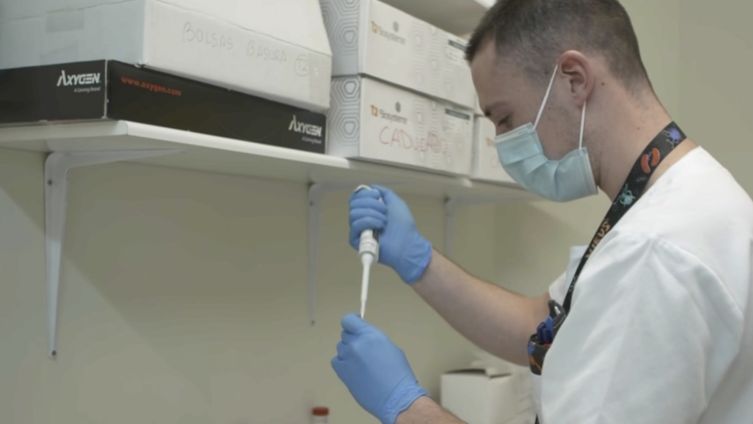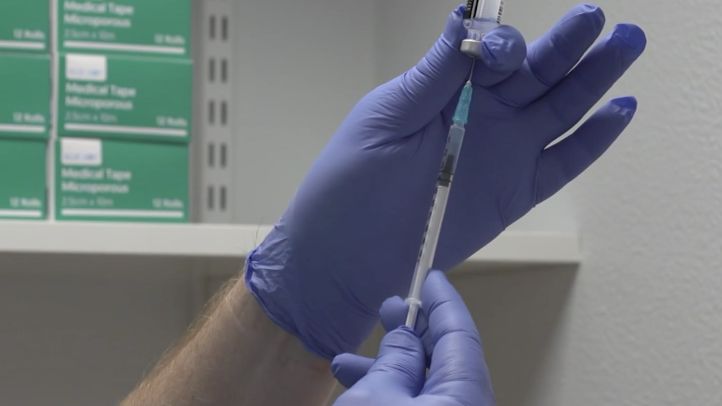Onondaga County officials on Tuesday addressed the worsening opioid crisis within its borders, and how they plan to address it.
County Executive Ryan McMahon said the county’s efforts will be propelled, in part, by $3.7 million the county is set to receive through the recent settlement of state Attorney General Letitia James’ lawsuit against multiple opioid manufactures and distributors.
Of the $1.5 billion secured, more than $6.3 million is bound for Central New York, with the city of Syracuse receiving $263,422; Cayuga County receiving $538,933; Cortland County, $322,716; Madison County, $483,503; and Oswego County, $924,241.
McManhon said holding the pharmaceutical industry accountable is an important part of the fight, but in Onondaga County, it’s only the beginning.
What You Need To Know
- Onondaga County Executive Ryan McMahon reported 186 people died from opioid overdoses in 2021, up from 156 in 2020
- McMahon said $3.7 million the county is set to receive will help with its fight against the epidemic
- McMahon announced a three-pronged approach to fighting the epidemic focused on prevention, treatment and recovery
“In 2020, we lost 156 of our residents to this crisis. In 2021, that number has risen to 186 deaths,” he said. “We’re going to tackle this issue head on.”
He said the county is taking action with a three-pronged approach focused on prevention, treatment and recovery. He said there will be a heavy emphasis on prevention through education.
“That means getting into schools and building off of the relationships we have with our districts,” he said.
Commissioner of Health Dr. Indu Gupta said the efforts will go even further, ensuring the second two aspects of the plan, treatment and recovery, also include an educational aspect.
“From emergency room departments to the jails, anywhere we can have touch points, we can have patients get the treatment, but also start the education part,” she said.
McMahon said planning will begin immediately, and efforts will involve taking a look at what neighboring counties are doing to fight the epidemic, including strategies to improve opioid disposal programs, as well as access to Narcan training and improving law enforcement strategies.
“We have the resources, we have the talent. Let’s put to gather a plan and get it implemented,” he said.










